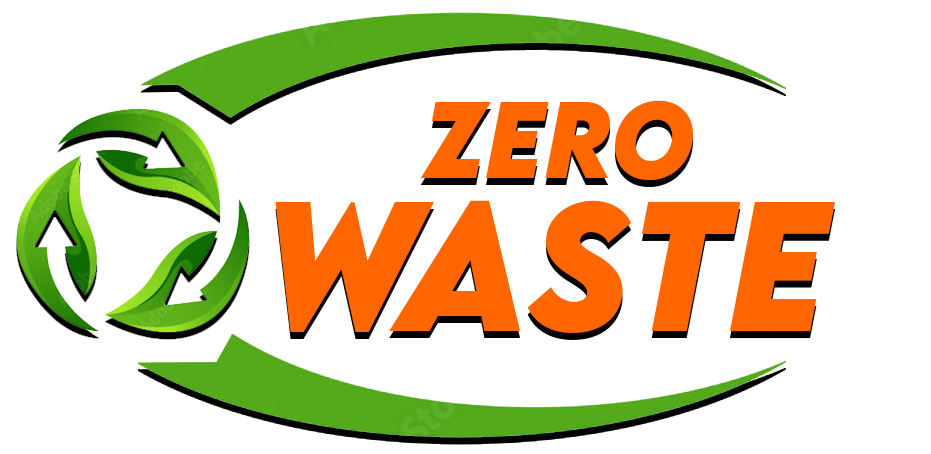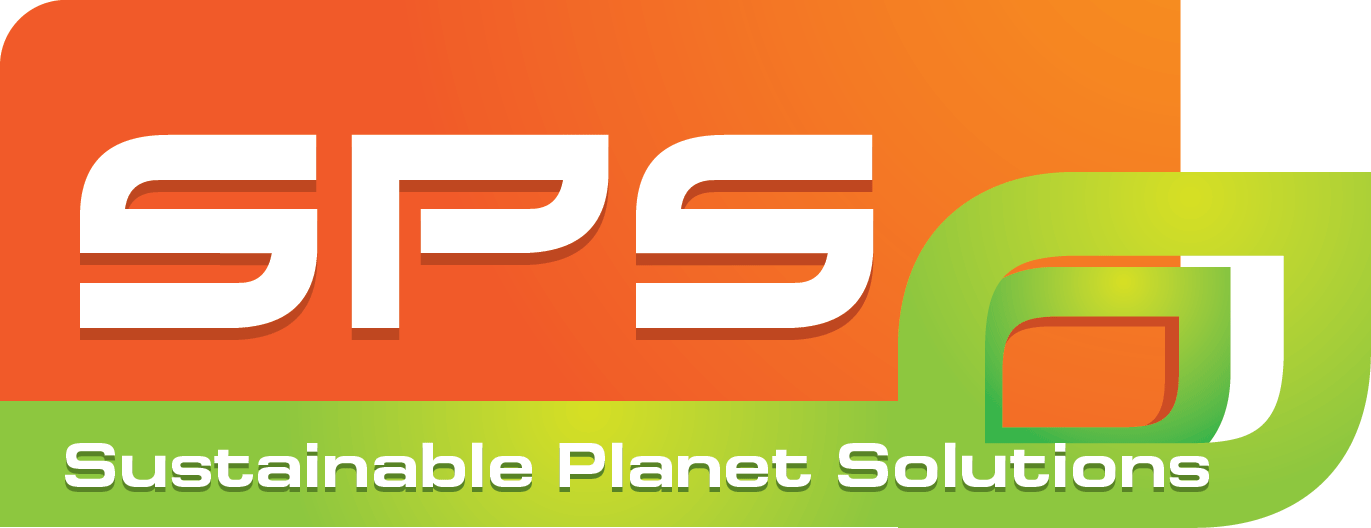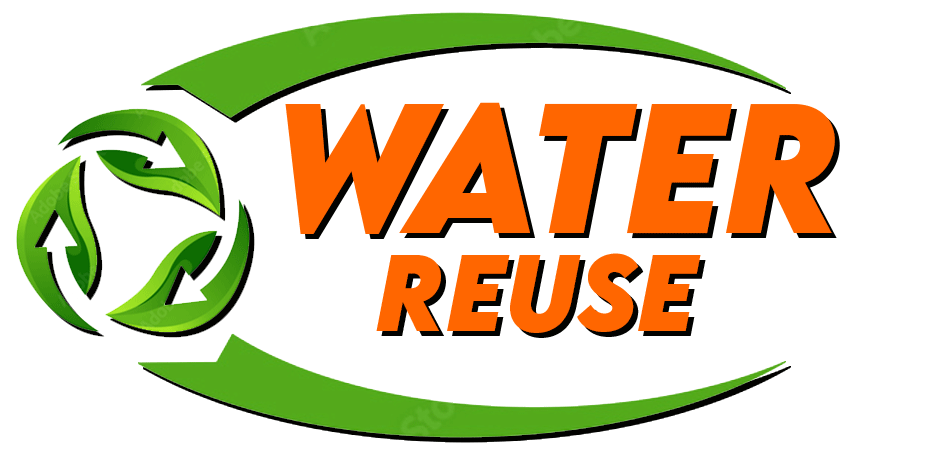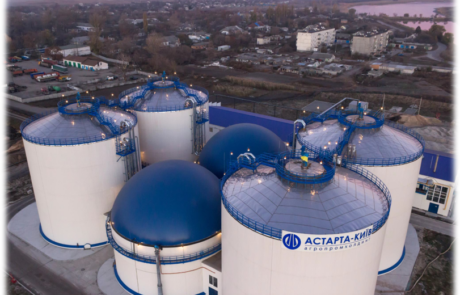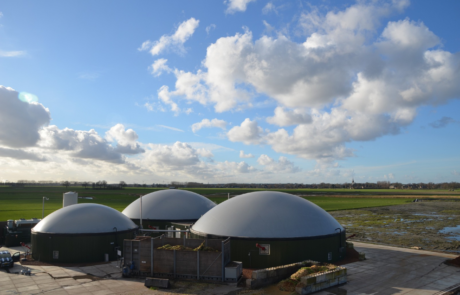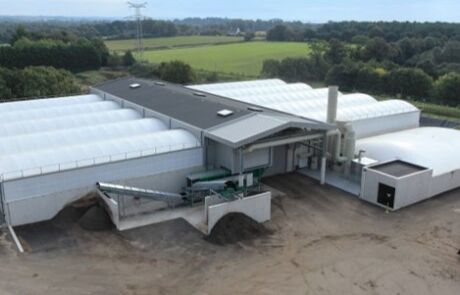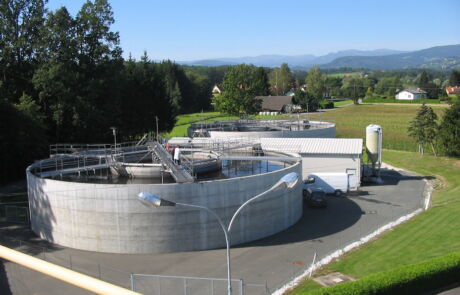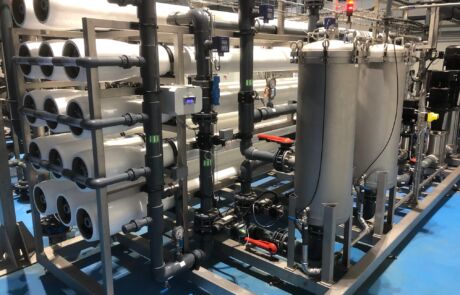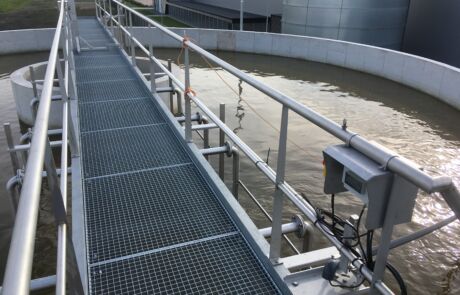Making sustainable resources a reality
There is a lot of life in a drop of water
Our proprietary Wastewater Treatment System facilities can be located onsite at resort, a cruise port, airport, distillery etc. or right at the local utility. The treated water then gets reused by the client/resort as grey water for irrigation. laundry, cooling towers etc. This technology combined with our Waste to Value technology is also utilized for the complete processing of Sargassum, also known as Red Tide, a major concern across the Caribbean. Additionally by combining our proprietary technologies we provide end to end processing to value for Dunder/Vinasse, the troublesome discharge from the distillation process.
Presentation Decks
(Click below to View)
SPS Mission and Vision
A smarter, better-connected community
Organizations who grasp the importance of sustainability in business can position themselves for success while making a positive impact.
We show up every day to make our mission a reality for our partners and customers.
The mission of sustainability in the workplace, as a societal benefit, is to minimize a company’s environmental impact by using practices that conserve resources, reduce waste, and promote responsible consumption, ultimately contributing to a healthier planet for current and future generations while also positively impacting employee well-being and community relations.
Circular Solutions
Our Circular Economy facility for waste and wastewater, at the Award Winning Bangalore Airport in India.
Cruise Ports, Airports, Local Utilities, Resorts and other businesses that produce/collect a substantial amount of organic waste, or need Wastewater Treatment systems or Drinking Water solutions.

